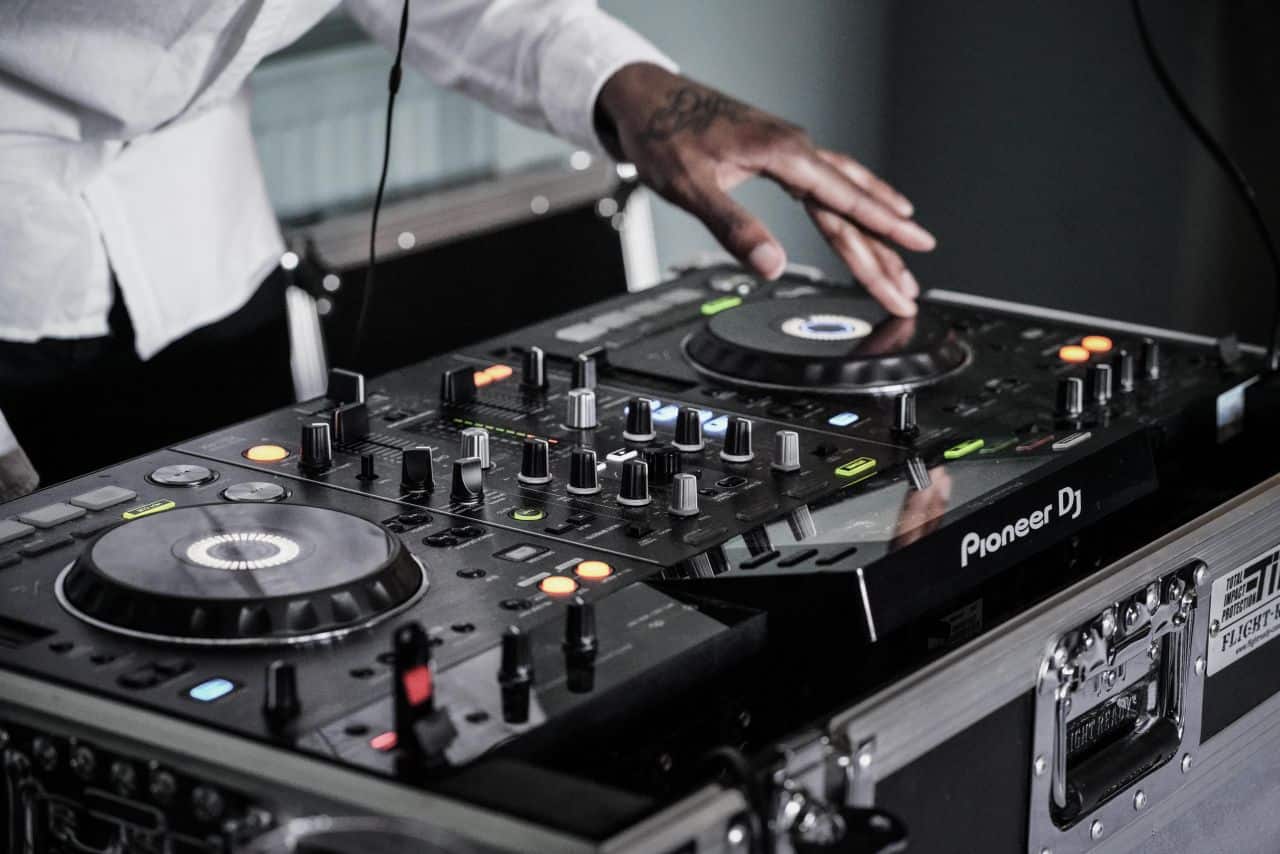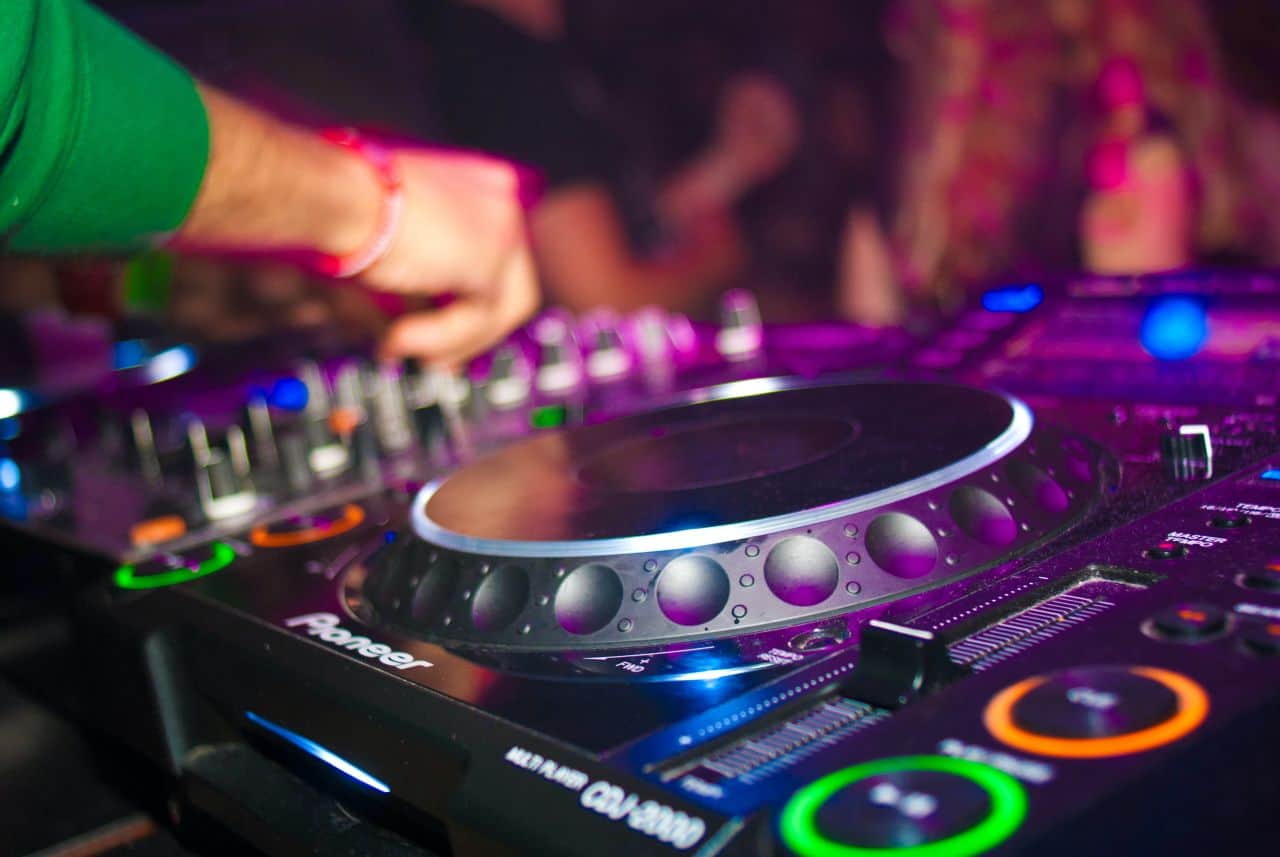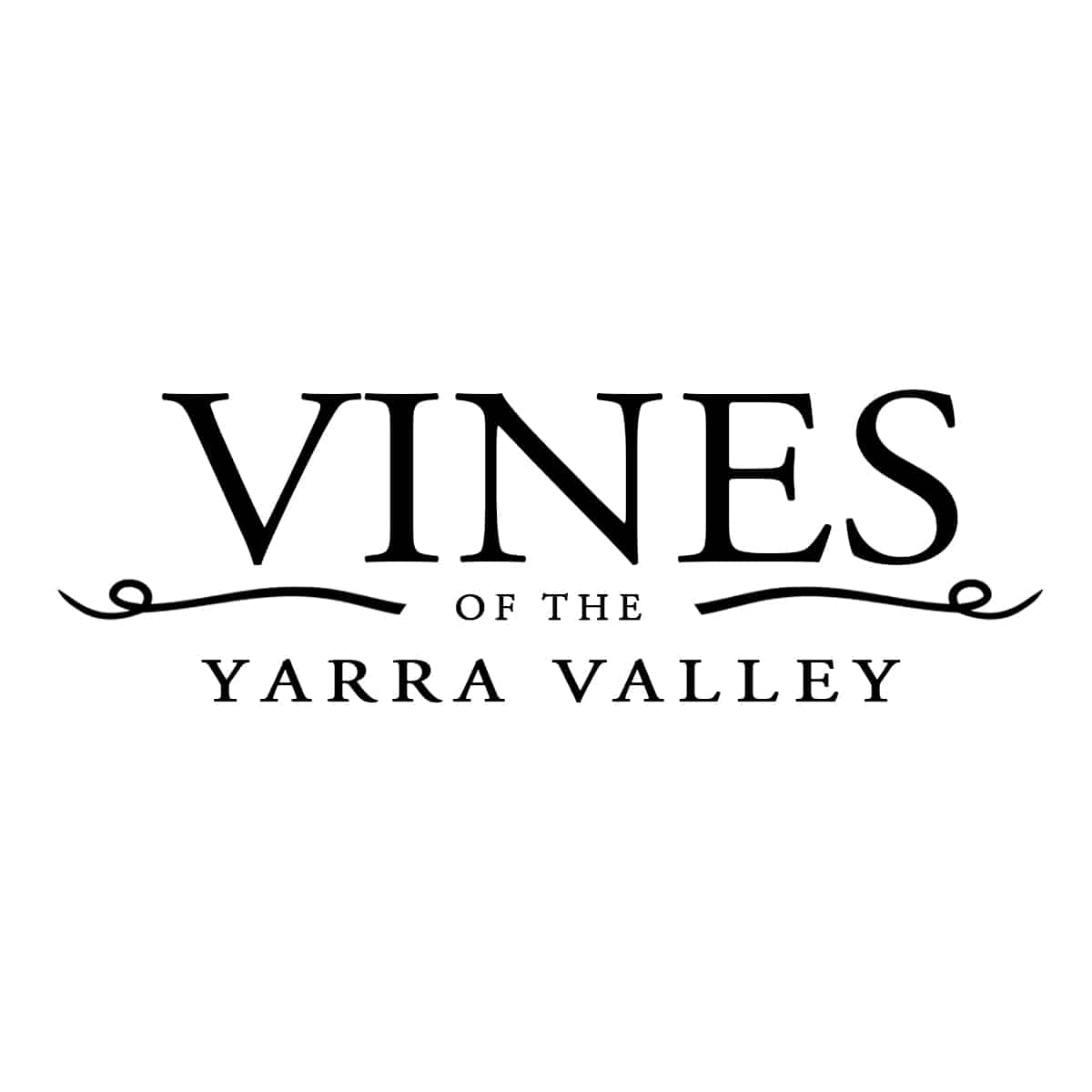A wedding DJ is an essential part of any successful reception. Their role goes far beyond playing music; they manage the mood, timeline, and event flow to ensure an unforgettable celebration.
This guide explores the comprehensive responsibilities of a wedding DJ, covering everything from planning to the final moments of the reception.
Let’s get straight to the point
A wedding DJ’s role extends beyond playing music; they manage the event’s timeline, set the mood, and coordinate with vendors to ensure the reception runs smoothly.
From planning the playlist to adapting to last-minute changes, a professional DJ helps create an enjoyable and stress-free experience for the couple and guests.
Their responsibilities include reading the crowd, managing song requests, handling technical issues, and ensuring the night ends on a memorable note.
1. Initial Planning, Flexibility, and Adjustments
A professional wedding DJ begins preparation months in advance by meeting with the couple to discuss their preferences.
During the initial consultation, the DJ gathers details about the couple’s desired atmosphere, favourite songs for key moments, and the overall style of the wedding.
The DJ uses this information to build a personalised playlist and event timeline.
However, weddings can change as the big day approaches. A good DJ must remain flexible, prepared to adjust the playlist or timeline to accommodate unexpected changes.
Whether it’s accommodating guest preferences or managing a delayed ceremony, the DJ ensures the flow of the event remains smooth.
Key Points:
- Understanding the couple’s music tastes and expectations.
- Adapting the playlist and timeline based on changing needs.
- Confirming details closer to the event to ensure everything is ready.
2. Coordination with Vendors and Venue
A wedding DJ doesn’t work alone; they act as a central coordinator for the evening.
Effective communication with vendors such as photographers, videographers, and catering staff is crucial for the event’s success.
DJs give photographers a heads-up before key moments like the first dance or speeches, ensuring these moments are captured perfectly.
They also collaborate with venue staff to ensure the timeline is followed and adjustments are made seamlessly.
Key Points:
- Communicating with other vendors to align key moments.
- Coordinating with the venue staff for smooth transitions.
- Ensuring the timeline runs efficiently without interruptions.
3. Setting the Mood and Managing Music
The DJ’s primary responsibility is to create the right atmosphere through music.
Crafting a playlist that reflects the couple’s tastes while also catering to the diverse crowd is key. A skilled DJ knows how to read the crowd, switching up the music to keep the energy alive.
They balance guest song requests with the event’s flow, ensuring nothing disrupts the atmosphere.
Key Points:
- Creating a playlist that appeals to all guests.
- Adjusting the music based on the crowd’s energy.
- Balancing guest requests while maintaining the event’s vibe.
4. Handling Technical Setup and Issues
Technical problems can happen at any event, but a prepared DJ ensures these issues don’t disrupt the night.
Backup equipment, including microphones, cables, and laptops, is a must to avoid any major interruptions.
The DJ ensures the sound system is set up properly and swiftly resolves any issues that arise.
Key Points:
- Bringing backup equipment to avoid technical disruptions.
- Ensuring sound system setup is seamless.
- Resolving technical issues quickly during key moments.
5. Managing the Event’s Schedule
A wedding DJ often doubles as the emcee, responsible for keeping the event on schedule.
They make announcements for key moments, such as the first dance, speeches, and the cake cutting.
By staying on top of the timeline and adjusting as needed, the DJ ensures the evening runs smoothly, allowing the couple and guests to enjoy a stress-free night.
Key Points:
- Announcing key moments like the first dance and speeches.
- Keeping the event on track and making timeline adjustments.
- Guiding guests through the evening with clear announcements.
6. Energising the Dance Floor
Once the formalities are over, the DJ’s main goal is to get people onto the dance floor and keep them there.
A skilled DJ knows how to build the energy, starting with slower songs to warm up the crowd before transitioning into upbeat tracks.
They blend genres and eras, ensuring everyone from the younger guests to the older generations finds something to dance to.
Key Points:
- Building energy gradually with a well-curated playlist.
- Mixing genres and eras to engage guests of all ages.
- Observing crowd reactions and adjusting the playlist accordingly.
7. Managing Song Requests and Maintaining Flow
Guests often make song requests, but not all requests fit the mood or timeline.
The DJ’s role is to manage these requests thoughtfully, ensuring they align with the couple’s preferences and the event’s flow.
While accommodating guest requests is important, a DJ must also tactfully decline songs that don’t suit the overall vibe.
Key Points:
- Prioritising the couple’s music choices.
- Balancing guest requests with the event’s overall flow.
- Using discretion to maintain the right atmosphere.
8. Closing the Night and Wrapping Up
As the evening winds down, the DJ brings the event to a memorable close by playing the final song.
This moment leaves a lasting impression, so it’s essential that the DJ chooses a track that encapsulates the night’s energy.
Additionally, the DJ ensures the event ends on time, working with the venue to avoid any complications.
Key Points:
- Selecting a final song that leaves a positive, lasting impression.
- Ensuring the event wraps up on time.
- Coordinating with the venue for a smooth finish.
9. Adapting to the Unexpected
A professional DJ must be prepared for anything, whether it’s a change in the schedule or a song that doesn’t go over well with the crowd.
Flexibility and quick thinking allow the DJ to keep the event running smoothly, ensuring a stress-free experience for the couple and guests.
Key Points:
- Adjusting to last-minute changes in the schedule.
- Switching tracks if a song doesn’t resonate with the crowd.
- Maintaining professionalism and adaptability throughout the event.
Conclusion
A wedding DJ is much more than just the person behind the music; they are the driving force behind a well-coordinated, enjoyable event.
From initial planning to managing the evening’s schedule, setting the mood, and adapting to changes, a skilled DJ ensures the reception is memorable and stress-free.
Their ability to read the room, collaborate with vendors, and keep everything on track makes them an indispensable part of any wedding celebration.
Frequently Asked Questions
What is the DJ role in a wedding?
A great wedding DJ will also act as your Master of Ceremonies, introducing the wedding party, the toasts, your first dance and everything of importance.
They will keep the reception moving along and your guests informed of all of the important happenings.
How long should the DJ set be at a wedding?
It’s usual for Wedding DJs to provide music for around 4-5 hours. Just bear in mind that even the most professional DJ needs a break now and then, and your guests would probably welcome a breather from dancing every 90 minutes or so too!
When should a DJ arrive at a wedding?
One to two hours in advance is the most common time frame a DJ would arrive before the first guests arrive.
That way there is plenty of time to set up, change into professional attire, and review all of our notes one last time before the celebration kicks off!
How much space does a DJ need?
Most DJs will provide a high-quality sound system along with a DJ booth and a small lighting rig. As a guide, we advise allowing approximately 2 x 2 meters of space for the DJ to set up in.
What all does a DJ do?
DJs typically perform for a live audience in a nightclub or dance club or a TV, radio broadcast audience, or an online radio audience. DJs also create mixes, remixes and tracks that are recorded for later sale and distribution.



